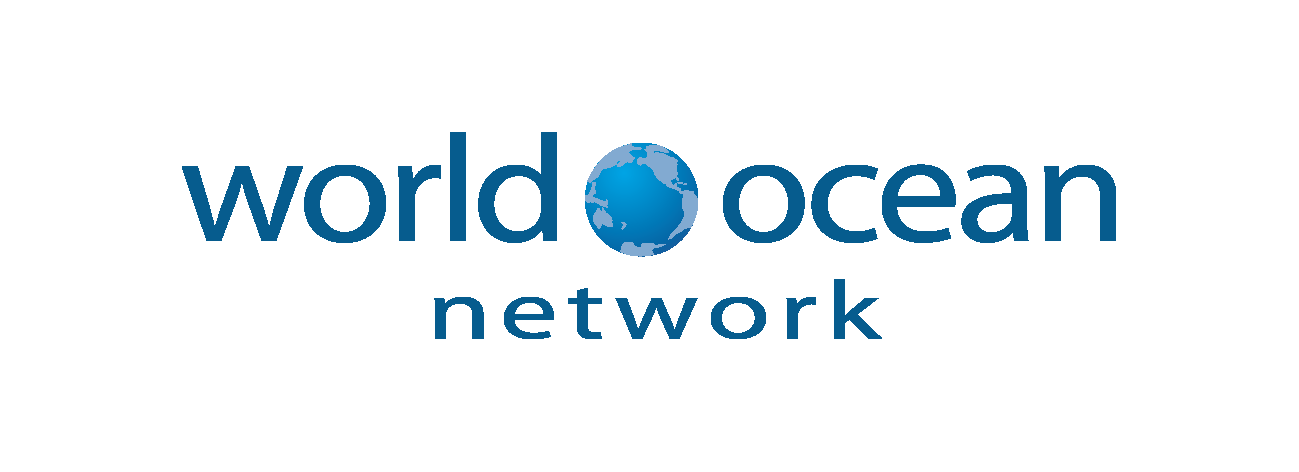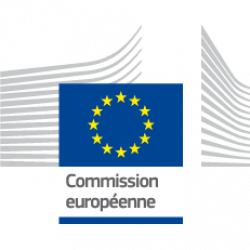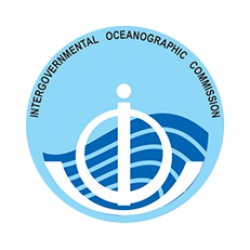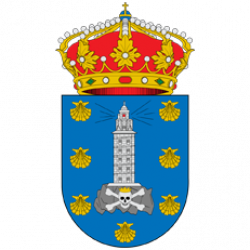Royal Belgian Institute of Natural Sciences
World Oceans Day Programme 2015
Celebration of World Ocean Day at the Museum on Sunday 7 June 2015
Free entrance and free activities for everyone:
- Follow a live autopsy of a stranded porpoise and seal
- Gather information on oceanographic research
- Skype with our research vessel RV Belgica in the Atlantic ocean
- Eat and drink ocean literacy in our cafeteria
- Enjoy dancers and garbage artists
- Follow a guided tour around our ocean treasures
- Participate in workshops on the ocean
- Watch a movie
Presentation
Coming here as children, with the school or their families, our visitors generally know the Museum of Natural Sciences fairly well, but not necessarily the research institute behind it – the Royal Belgian Institute of Natural Sciences.
The Royal Belgian Institute of Natural Sciences is a Belgian Federal State institution. It is part of the Federal Public Planning Service Science (PPS Science Policy, a section of the Prime Minister’s Offices). It is involved in important scientific research activities and carries out public service missions. It is open to everyone through the Museum of Natural Sciences.
One out of every three people at the RBINS is a scientist. The scientific personnel includes mainly biologists, palaeontologists and geologists, but also oceanographers, anthropologists, prehistorians and archaeologists, as well as geographers, physicists, bioengineers and mathematicians, which enables it to conduct multidisciplinary research. The research is situated in the following research areas:
- Biodiversity and mechanisms involved in the evolution of life
- Land, freshwater and marine ecosystems
- History of life, the climate and human installations
- Geology of Belgium and modelling the North Sea
The RBINS provides scientific expertise under Belgium’s international commitments in relation to environmental protection. It develops tools and methods for monitoring natural land or marine environments. It also offers useful advice for the development of national and European policies for the protection and conservation of biotopes and biodiversity.
With 37 million specimens conserved as Belgian heritage of universal significance, the RBINS’s collections serve above all as reference and research tools. Just behind London and Paris in the European classification, the collections in Brussels have been awarded the European label of ‘major research infrastructure’ and in this respect are constantly being visited and studied by researchers from around the world.For several years now, the RBINS has been committed to an ambitious programme to digitise its collections and to do so has developed an open-source software, DaRWIN, which has made it possible to encode all the data on any collection of specimens, whatever their taxonomical group.
For the general public, the Museum of Natural Sciences is the visible part of the RBINS. It has 16 000 m² of permanent galleries, temporary exhibition rooms and educational workshops, enabling it to welcome more or less 300 000 visitors each year, approximately 30 % of whom are school groups.
Its Dinosaur Gallery is world famous, it being the largest in Europe. The Museum plays a leading role in the promotion and dissemination of scientific culture, both within and beyond its walls, notably through travelling exhibitions and events. It is pursuing its ambitious efforts to gradually renovate the premises, to make the Museum more convivial and increasingly better adapted to the expectations of society; it is also resolutely oriented towards the promotion of a more respectful approach to nature.
THE PROJECT
Location
Museum
29 Rue Vautier
1000 Brussels
Website
www.naturalsciences.be
Area
Europe
